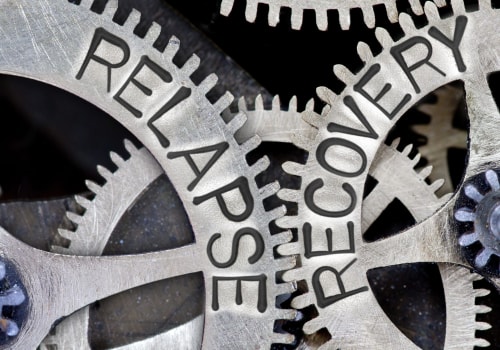Hope can hold you accountable. Your hope can guide you and keep you committed to your recovery. Your hope can keep you focused on the positive changes you're making. Your hope can keep you committed to moving forward in a happy and healthy way.
Your hope can keep you committed to self-care. Each of us defines hope differently. But, at its core, hope is the expectation that things will improve in the future; knowing that the sun will shine again. In fact, the stories of many people who are recovering include relapses and often more than one relapse.
Some even returned to addiction for months or years before finally establishing a strong connection to addiction treatment and committing to living a life in recovery. Hope is never lost, no matter the circumstances. As long as you're still breathing, there's hope for a new life in recovery. It's never too late to try again.
What's the difference? You have decided to do something about it. You have decided that you will succeed. You dedicate your heart and soul to the recovery process. Only then does a desire become a sure hope.
The rest of Dr. López's quote is: “Hope is both the belief in a better future and the action to make it happen. The Recovery Village Ridgefield provides comprehensive treatment for drug and alcohol addictions and co-occurring mental health conditions. This speculation illustrates why more population studies could be useful to construct a nomothetic argument in favor of hope and community as the basis of quality of life.
When you're willing to put all your heart into it, the hope of a successful recovery from addiction isn't too extreme. Greenhouse Treatment Center, the addiction treatment center of American Addiction Centers in Fort Worth, Texas, is ready to help you get the treatment you need today. This doesn't mean that everyone recovering from addiction necessarily has a relapse, but it does mean that it can happen.



